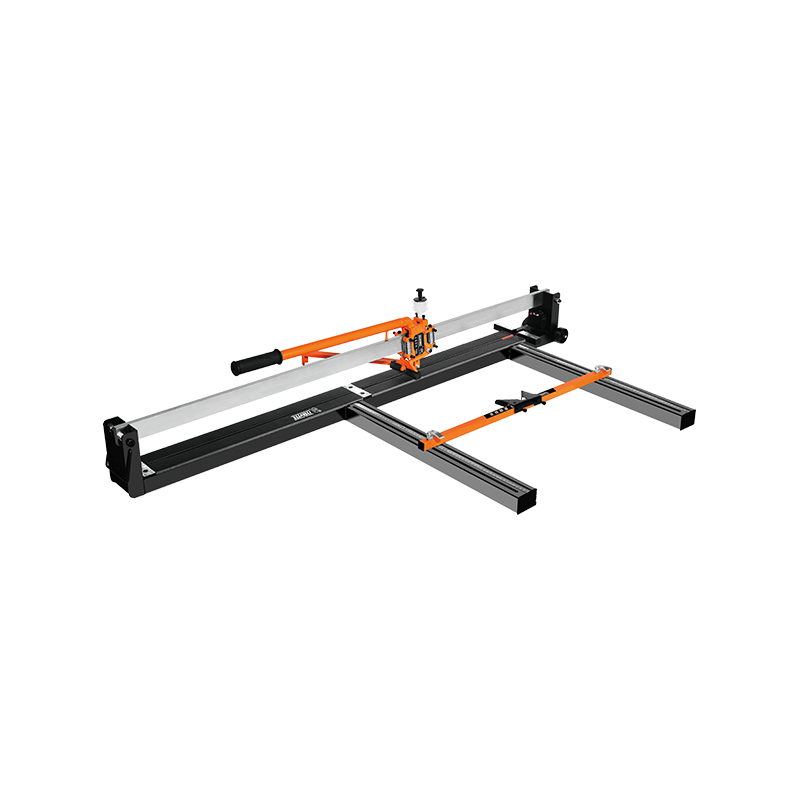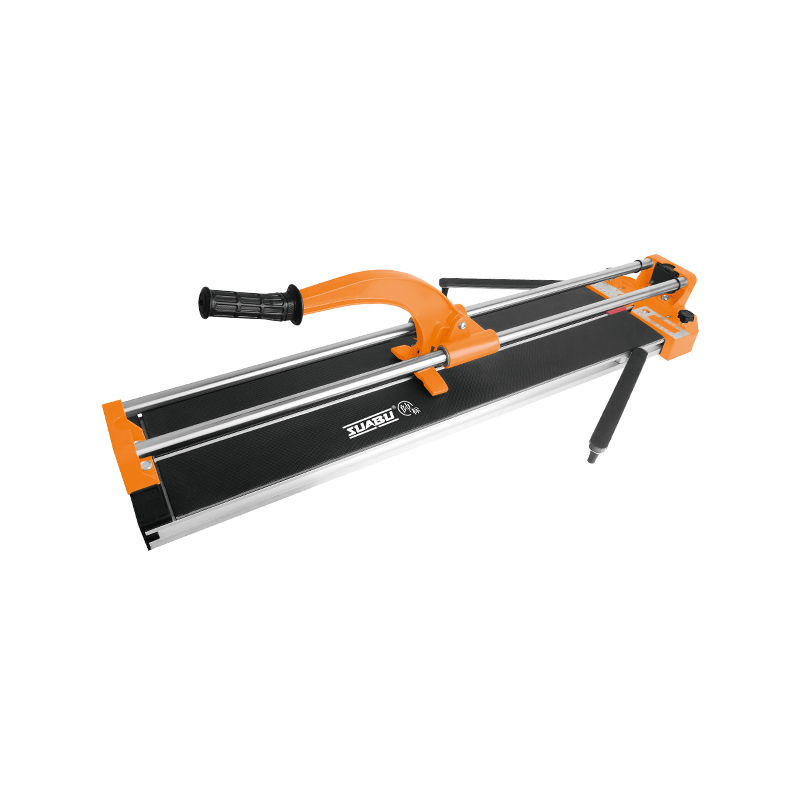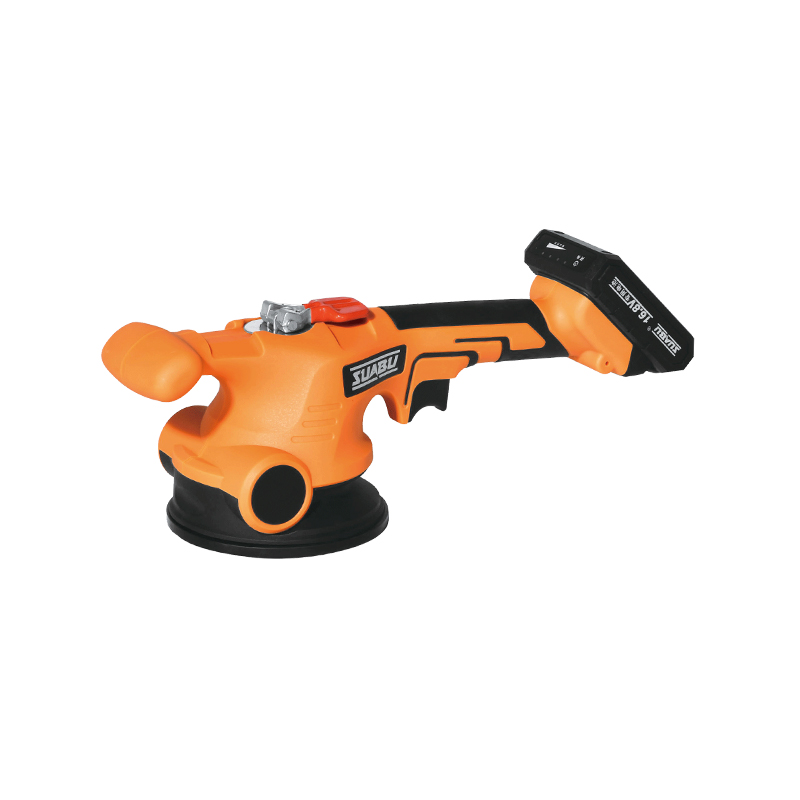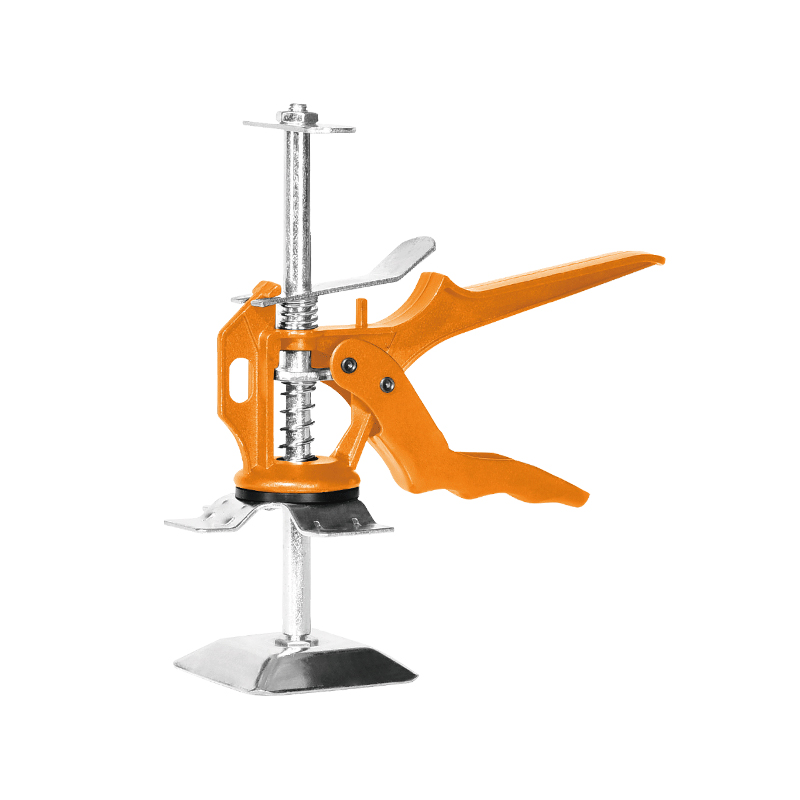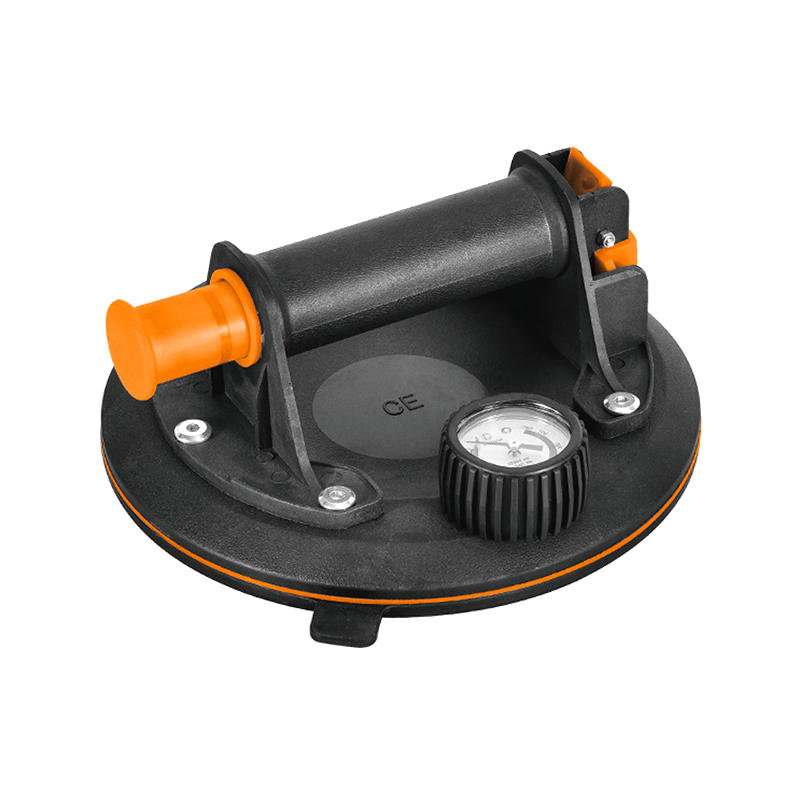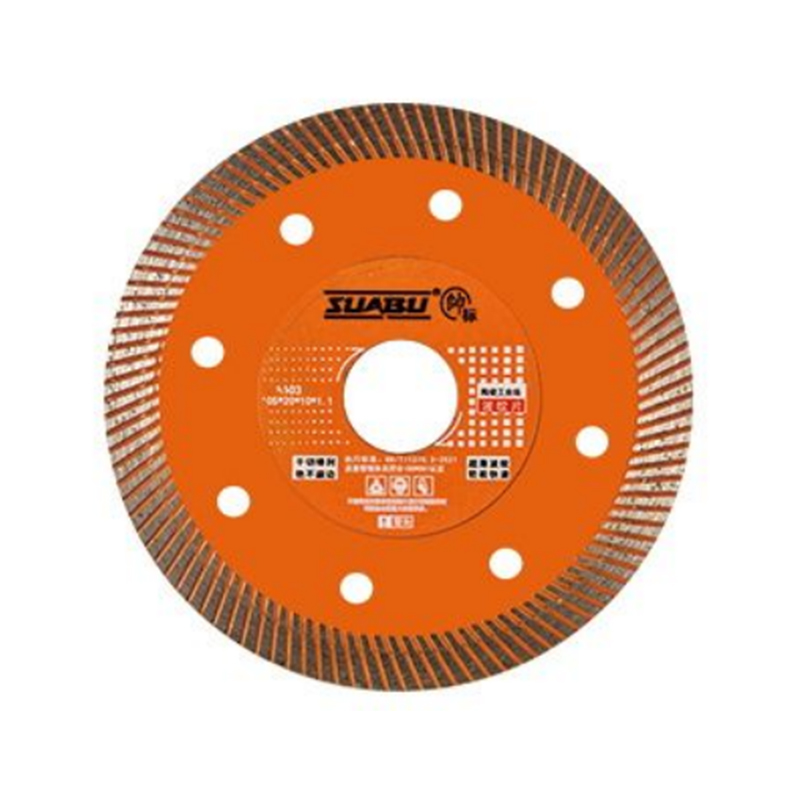Essential Tools And Accessories For Residential Construction And Tiling Projects
2024-06-14
From laying the foundation to adding the finishing touches, a well-equipped toolkit is indispensable. Let's delve into the must-have tools and accessories for these tasks.
1. Basic Construction Tools:
- Hammer: An indispensable tool for driving nails and adjusting framing.
- Tape Measure: Essential for accurate measurements, ensuring precise cuts and fittings.
- Level: Crucial for ensuring that surfaces are straight and plumb during construction.
- Screwdriver Set: Needed for various tasks, from assembling furniture to tightening fixtures.
- Utility Knife: Versatile for cutting materials like drywall, insulation, and packaging.
- Pliers: Useful for gripping, bending, and cutting wires and other materials.
2. Power Tools:
- Cordless Drill: Offers mobility and power for driving screws and drilling holes.
- Circular Saw: Ideal for cutting straight lines in lumber and plywood.
- Power Sander: Saves time and effort by smoothing surfaces before painting or tiling.
- Nail Gun: Speeds up the process of fastening materials like trim and molding.
- Tile Cutter: Specifically designed for cutting tiles to size, ensuring precise fits.
3. Tiling Tools and Accessories:
- Tile Spacers: Maintain consistent spacing between tiles for professional-looking results.
- Tile Trowel: Used to spread adhesive evenly on surfaces before laying tiles.
- Grout Float: Essential for applying and smoothing grout between tiles.
- Tile Leveling System: Ensures tiles are flush and level during installation, preventing unevenness.
- Tile Nippers: Handy for cutting tiles to fit around corners and obstacles.
- Tile Sealer: Protects grout and tile surfaces from moisture and stains, prolonging their lifespan.
4. Safety Gear:
- Safety Glasses: Shields eyes from debris and prevents potential eye injuries.
- Work Gloves: Provides hand protection against cuts, abrasions, and chemicals.
- Dust Mask/Respirator: Essential for filtering out harmful dust particles and fumes.
- Ear Protection: Guards against excessive noise levels produced by power tools.
5. Additional Accessories:
- Masonry Drill Bits: Necessary for drilling into concrete and masonry surfaces.
- Caulking Gun: Facilitates the application of caulking around sinks, tubs, and windows.
- Chalk Line: Aids in marking straight lines over long distances for layout purposes.
- Extension Cords: Provide flexibility and reach when working with power tools outdoors or in large spaces.
- Knee Pads: Protect knees from strain and injury during extended periods of kneeling.
6. Organization and Maintenance:
- Tool Belt or Toolbox: Keeps tools organized and easily accessible during projects.
- Tool Maintenance Kit: Includes lubricants, sharpeners, and cleaning supplies to prolong tool lifespan.
- Storage Solutions: Cabinets, shelves, or pegboards help keep the workspace tidy and efficient.
- Regular Inspections: Check tools for wear, damage, or malfunction, and repair or replace as needed.
- Proper Storage: Store tools in a dry, climate-controlled environment to prevent rust and deterioration.
7. Project Planning and Execution:
- Detailed Planning: Create a project timeline, budget, and materials list to streamline the construction process.
- Accurate Measurements: Double-check all measurements before cutting or installing materials to avoid costly mistakes.
- Test Fit: Dry-fit tiles and other materials before permanently affixing them to ensure proper alignment and fit.
- Adhere to Safety Protocols: Follow safety guidelines and regulations to prevent accidents and injuries on the job site.
- Seek Professional Advice: Consult with experienced contractors or industry experts for guidance on complex tasks or unfamiliar materials.
8. Environmental Considerations:
- Sustainable Practices: Choose eco-friendly materials and construction methods to have less environmental impact.
- Waste Management: Dispose of construction debris responsibly, recycling materials whenever possible.
- Energy Efficiency: Install energy-efficient fixtures and insulation to reduce energy consumption and lower utility bills.
- Water Conservation: Use low-flow plumbing fixtures and drought-tolerant landscaping to conserve water resources.
- Indoor Air Quality: Select low-VOC paints and finishes to improve indoor air quality and occupant health.
9. Continuous Improvement:
- Continuing Education: Stay updated on the latest construction techniques, tools, and regulations through workshops, seminars, and online courses.
- Feedback and Reflection: Solicit feedback from clients, colleagues, and peers to identify areas for improvement and innovation.
- Invest in Innovation: Embrace new technologies and innovations that enhance productivity, efficiency, and sustainability in construction and tiling projects.
- Collaboration and Networking: Build relationships with other professionals in the industry to share knowledge, resources, and ideal practices.
10. Conclusion:
- By prioritizing the acquisition of essential tools and accessories, adhering to safety protocols, and incorporating sustainable practices, Residential Construction Tools and tiling projects can be completed with efficiency, precision, and environmental responsibility. Continuous learning, innovation, and collaboration are key to success in this ever-evolving field. With the right tools and mindset, every project can be a masterpiece of craftsmanship and functionality.

